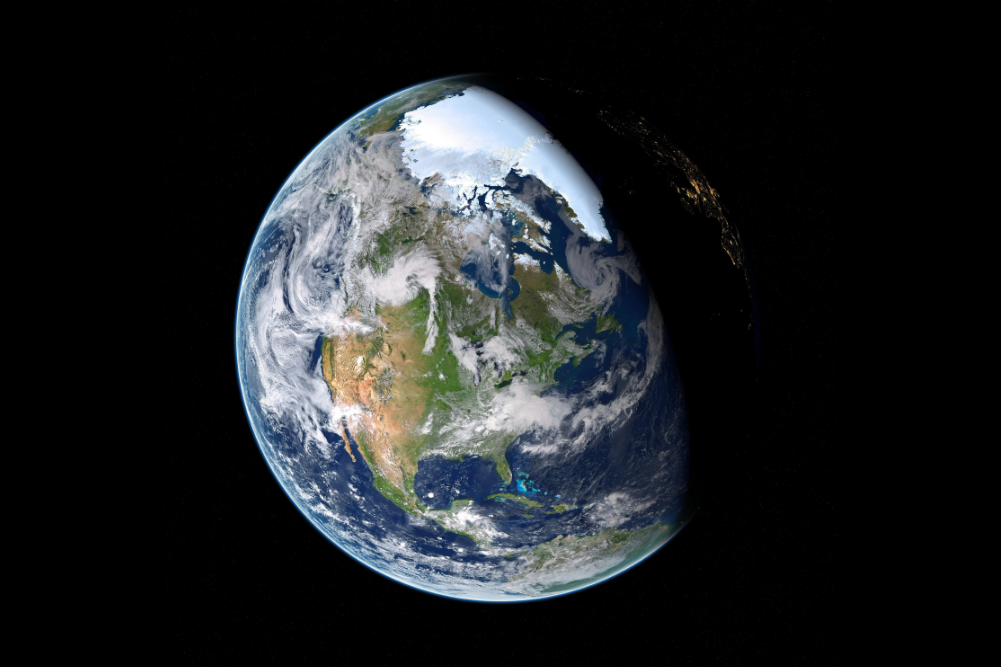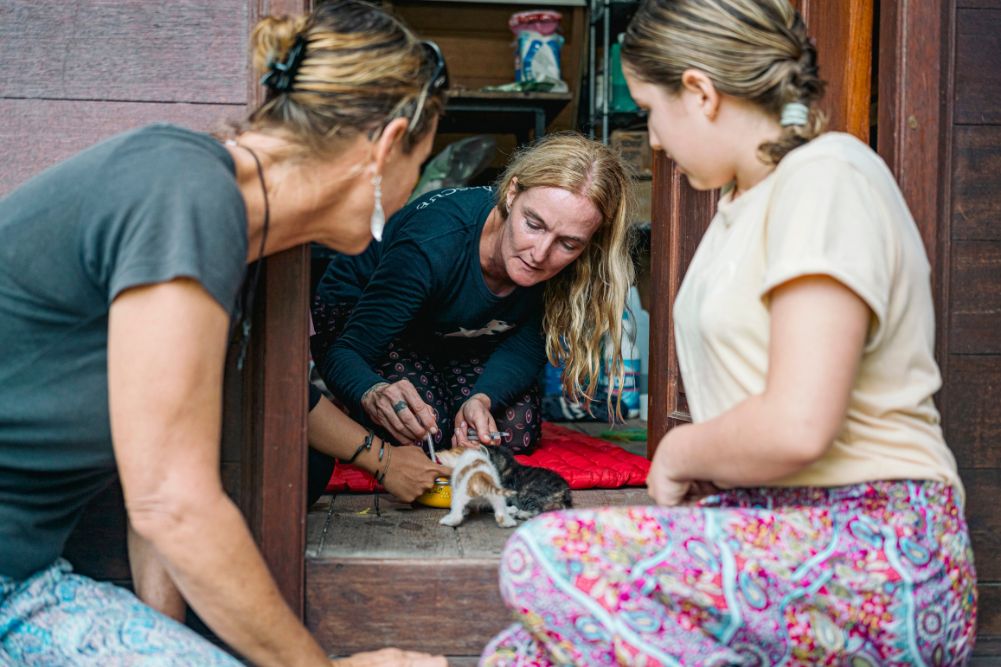Marine ecosystems – the future
Marine ecosystems are unique places where the relationship between the biota (plants, animals and micro-organisms) and abiotic compounds (air, water, nutrients) link in such a way that cannot be repeated anywhere else on the planet. The Great Barrier Reef is one of these places however it seems that it is under threat from many different sources be it coal mining or being sold off or sold out by various political enthusiasts.
The marine biodiversity of the Great Barrier Reef is unmatched to pretty much anywhere else in the world. There is what is known as a ‘patchy distribution’ which makes it more difficult to protect because what is in a radius of 100 kilometres will be completely different in the next 100 kilometres in that same marine area. This type of marine distribution means that if you damage one area, it will be lost forever and more competitive marine creatures will occupy that space making the system less diverse.
Marine biologists like me study these types of issues and it is they that need to be consulted perhaps by governmental departments when it comes to deciding what to do about certain marine areas. The reason they need to ask us is because there is a lot of study and skill involved in analysing such matters and it is not a political issue as to what should happen to our marine areas. It should not be but often it becomes political.
If the plans that some governments have for the Great Barrier Reef go through it means that the marine life in that area will never be the same again. Over the years already much of it has been destroyed for a number of reasons and because it has this ‘patchy distribution’.
If the plans that some governments have for the Great Barrier Reef go through it means that the marine life in that area will never be the same again.
In the same way the government is pushing for no new marine parks to be established. This also will affect our marine ecosystems in a bad way. Marine parks are needed more than ever as many marine species are shifting their range of distribution as a consequence of climatic change so, what is protected now will not necessarily be protected in the future. Furthermore, many species use some areas only for breeding or for reproductive purposes or just as feeding places making the protection of biodiversity even more complex. Under this context a marine park is not a static system and it must be monitored constantly. We really need to be more aware about our interaction with all creatures on this planet not just the marine creatures. If a species dies out then it does affect us as humans. It affects the balance in the ecosystem and then it escalates from one species to another along the food chain until it reaches us on a human level. This planet is made in such a way that if one species becomes extinct all other species are affected. We often forget this.
Also the marine parks and the Great Barrier Reef have long been areas useful for attracting tourists from all over the world. Australia is known for its diversity in marine life and the beautiful beaches, rocky platforms, estuaries and rivers. Over the years this has attracted tourists and served as a source of education not only for our own children but for people all over the world. This has enhanced our economy as well as made us an ecological haven for marine scientists to travel to and do their studies. If the marine parks and such icons as the Barrier Reef are lost and the biodiversity affected Australia and the people here will lose on many levels so this matter becomes one of great importance for us to consider as a nation and should not be dismissed too easily.








